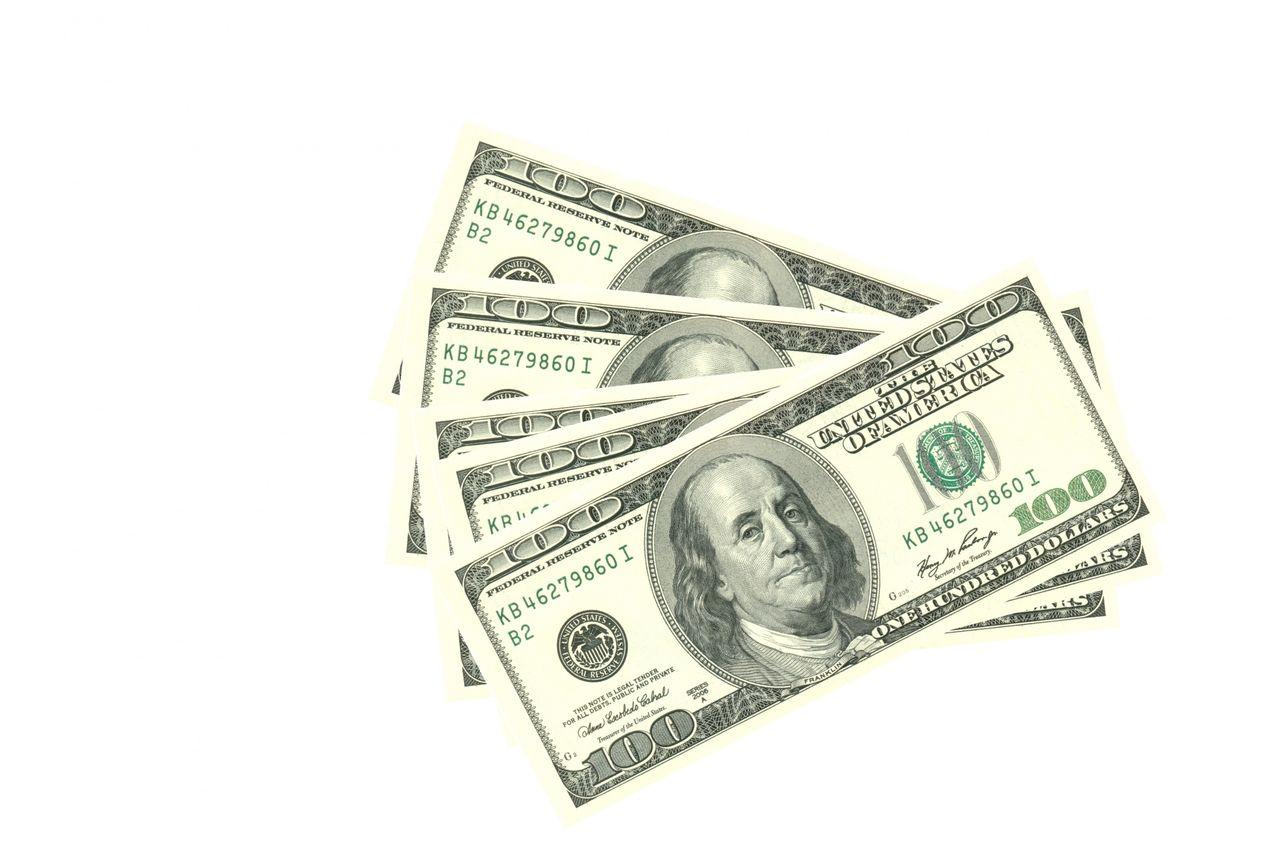Traveling to South Korea is easier with this guide, highlighting key visa information, the Q-CODE health system, and efficient transportation from Incheon Airport to Seoul. It also covers flight options, luggage rules, and customs regulations to ensure a smooth and informed journey. Make sure you're well informed on the content below so you have a smooth sail during your Korea trip!
***UPDATE (as of September 16, 2025)
On September 9, the National Airport Workers’ Council announced a strike, demanding better shifts, more staff, fair contracts, and higher wages. Union leaders noted that five workers died last year, and over 6,000 subcontracted staff still face overwork risks under the three-shift system. They are calling for safer schedules, scrapping the low-bid wage system, and stronger labor agreements.
If these demands aren’t met, a warning strike will begin at Incheon Airport’s Terminal 2 on September 19, escalating into a full strike during the Chuseok holiday (Oct 3–12). This could seriously disrupt immigration at Incheon and flight operations nationwide, so travelers should keep an eye on updates.
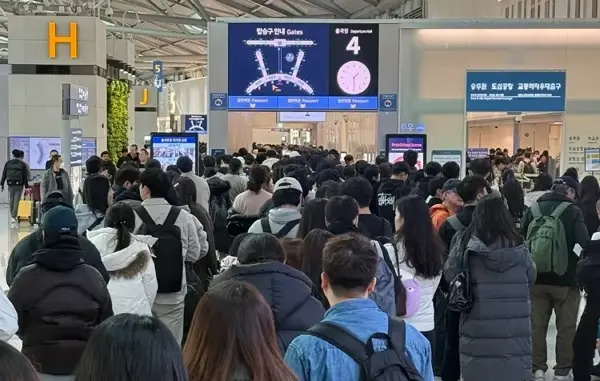
Source: 뉴스 1
Since Incheon Airport is the main gateway to Korea, a strike there could lead to flight delays, limited ground services, and slower baggage handling. While flights are unlikely to be canceled—since it’s an airport staff strike, not an airline strike—delays are highly possible.
If you’re planning to visit Korea during the Chuseok holiday, be sure to check your flight status in advance and follow updates from your airline and Incheon International Airport to avoid disruptions to your trip.
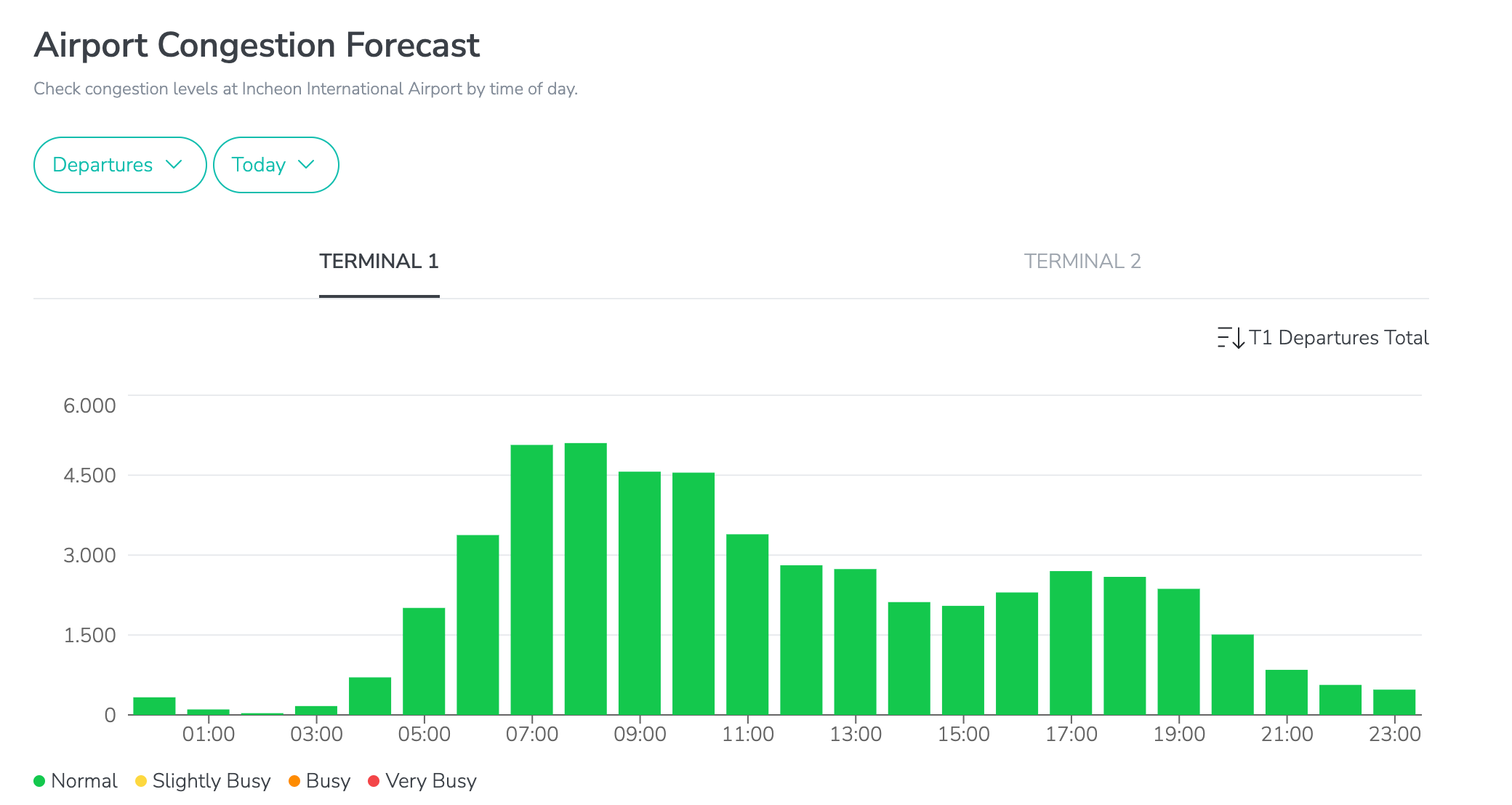
Korea Visa Information
Short-Term Visas
South Korea requires travelers from visa exemption countries to obtain a Korea Electronic Travel Authorization (K-ETA) before traveling. This policy has been in effect since September 1, 2021.
Visa-Waiver & Visa-Free Entry Programs
As of now, many countries benefit from visa exemptions under the K-ETA program, but the specific countries and duration of stay vary. Some countries have visa exemptions from the K-ETA requirement until December 31, 2024.
***UPDATE (as of December 12, 2024)
The Ministry of Justice decided to extend the temporary exemption period for 1 more year. The exemption will be effective until December 31, 2025.
* Extended K-ETA temporary exemption period: from January 1, 2025 (KST) to December 31, 2025 (KST).
Long-Term Visa Holders
The Ministry of Justice has announced new visa rules effective from July 3, 2023, which include reduced financial requirements for student visa applications (D-2 and D-4 visas), increased work opportunities for visiting students, and eased rules for those wishing to stay and work in South Korea post-graduation. In 2024, South Korea will also introduce a digital nomad visa and a ‘K Culture Training Visa’ for those interested in Korean culture.
Transit Visas
Travelers in transit through South Korea generally do not require a visa if they stay for less than 24 hours at Incheon Airport or depart on the same calendar day from other airports while remaining in the transit area.
Visa Application
The specific requirements for various visa types can vary. As of July 1, 2020, South Korean Embassies have stopped issuing visa labels and now provide visa details through a Visa Grant Notice online.
Diplomatic and Official Passport Visa Exemptions
New visa exemption agreements for diplomatic and official passports have been signed with countries like Saudi Arabia, Iraq, Papua New Guinea, and Ethiopia, although these agreements are yet to come into force.
Q-Code
(Updated Sept. 5, 2024)
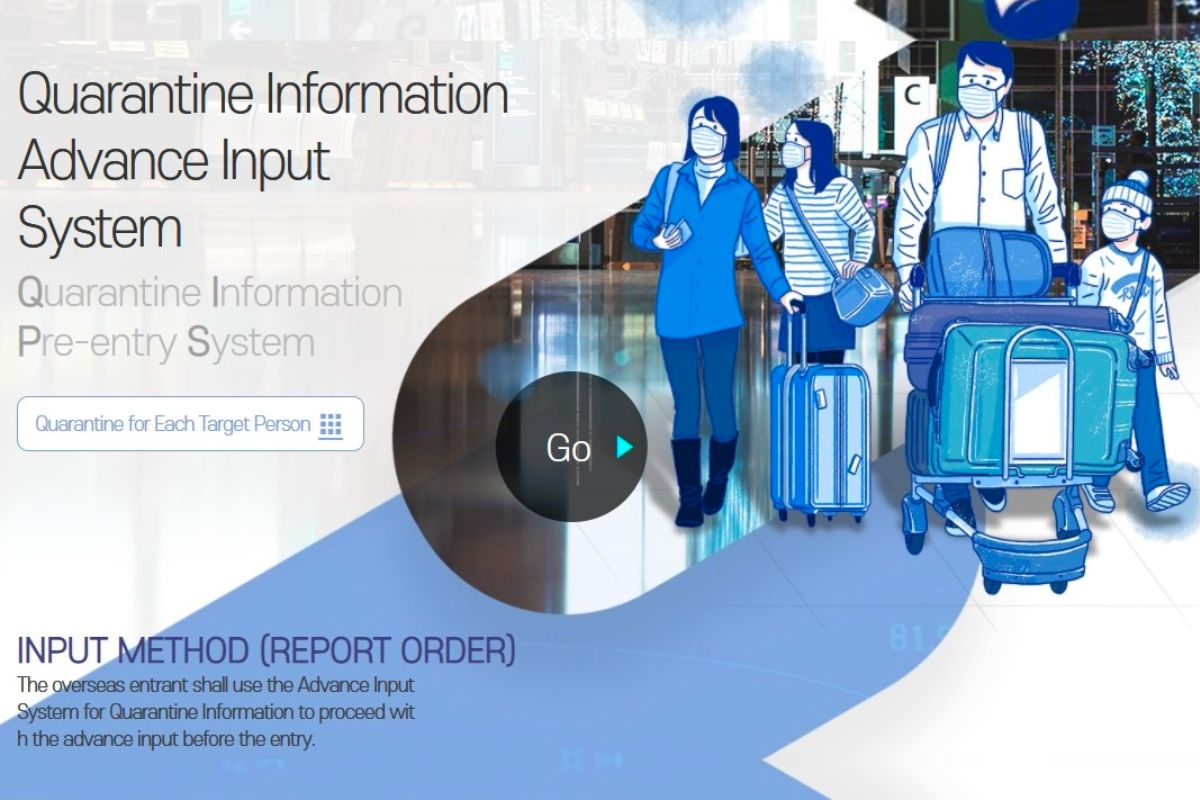
What is Q-CODE?
Q-CODE is a system established by the KDCA in order to shorten the time for quarantine inspection and provide the conveniences overseas entrants require upon entry to the Republic of Korea.
The Q-CODE system is recommended for all tourists entering Korea as it allows you to upload health information online and receive a QR code for faster entry. The process takes about 15 minutes, and the QR code can be scanned upon arrival. If not completed online, travelers will need to fill out a physical health form upon arrival.
Click on the button below to apply for your Q-code! (Official Website)
***UPDATE (as of Sept. 5, 2024): Q-code Requirements for 2024
Starting from September 1, 2024, travelers entering South Korea who have visited or transited through certain "key quarantine management areas" must submit a Q-CODE or health declaration form. These areas are:
- Asia: Mongolia, Cambodia, China (Guangxi Zhuang Autonomous Region, Inner Mongolia Autonomous Region, Sichuan Province, Zhejiang Province, Fujian Province, Chongqing Municipality)
- Middle East: Lebanon, Bahrain, Saudi Arabia, Syria, United Arab Emirates, Yemen, Oman, Jordan, Iraq, Iran, Israel, Qatar, Kuwait
- Africa: Madagascar, Democratic Republic of the Congo
- Americas: United States (Michigan, Colorado, Texas), Mexico
- Europe: United Kingdom
Additionally, anyone showing symptoms like fever after visiting other quarantine management areas must also submit the form.
Here is the official site for more information.
Flights To Korea
Nowadays, there are more and more people who travel to Korea, so there are many different flight paths to Korea.
Examples of airlines to Korea:
USA:
Delta Airlines, Korean Air, Asiana Airlines, American Airlines, United Airlines
From cities like Los Angeles, New York City, Washington D.C., Miami, Seattle
Philippines:
Manila Airport - Incheon Airport: Korean Air, Asiana Airlines, Singapore Airlines (1 stop), Philippine Airlines (1 stop)
India:
Indira Gandhi Airport - Incheon Airport: Air India (1 stop) IndiGo (2+ stops), Vistara (2+ stops)
Indonesia:
Soekarno-Hatta Airport - Incheon Airport: Asiana Airlines, Garuda Indonesia, Singapore Airlines (1 stop)
Malaysia:
Kuala Lumpur Airport - Incheon Airport: Korean Air, Singapore Airlines (1 stop), Malaysia Airlines (1 stop)
Taiwan:
Taoyuan Airport - Incheon Airport: Korean Air, Asiana Airlines, EVA Air, Scoot (1 stop)
Japan:
Narita Airport - Incheon Airport: Japan Airlines, Asiana Airlines, Korean Air, ANA, Ethiopian Airlines
For those who want to come to Korea, we recommend you check many different airlines for different promotions and flight paths.
Follow the flight status information released by the airlines, and double-check the flight schedule before your departure.
Checked-in Baggage
In addition to the low-cost airline discount tickets, most airlines will give you two options for your luggage. The first one is "checked baggage" and the second is "carry-on baggage."
The number of maximum weight and dimension of the luggage varies from one carrier to the other. You should check your ticket first. The most important point to remember is to buy a checked-in baggage option if you think your baggage will go overweight.
The price of adding one checked-in baggage before departure is far cheaper than paying at the airport.
Some airlines might let you go if your checked-in luggage is a few kilograms overweight, but nothing is guaranteed. Some airlines (especially the low-fare airlines) inspect the weight and dimension of carry-on luggage, and will demand you to pay a check-in luggage price before the departure.
Avoid the chaos altogether. If you ended up buying a lot of stuff, buy the extra baggage option or send them home via freight.
Luggage Policy
Not Allowed In Carry-On Baggage (Can Only Be Checked In)
Knives: Utility knife, kitchen knife, nail clippers, and scissors.
Sharp items: anything similar to knives, bows, hooks, steel nails (no longer than five centimeters), darts, needles, etc.
Stick tools: In addition to common stick items, camera tripods, selfie sticks, and umbrellas are prohibited.
Liquid and gel: single piece capacity should not exceed 100ML (50ML emulsion in a 120ML container is not allowed), every liquid item must be packed in a transparent zipper bag (less than 1L capacity).
Spray Bins: 100ML or more, 500ML or less, no spray product (such as sunscreen spray, antiperspirant) is allowed.
Not Allowed In Checked Baggage (Can Only Be Carried With You)
Battery: lithium battery, smartphone battery
Lighter: One person can carry up to one
Items That Cannot Be Placed In Checked Baggage Or Carry-On
Spray can: 500ML or more, regardless of the function, it is forbidden to carry in both check-in and carry-on bags. In addition, any flammable item is forbidden.
Any compressed gas, highly toxic, radial, oxide, flammable, corrosive, etc., items are forbidden for the safety of all passengers.
Last Reminder: Please carry lighters, mobile power banks, batteries, computers, and cameras with you at all times. Do not put them in the check-in luggage.
Entry and Customs
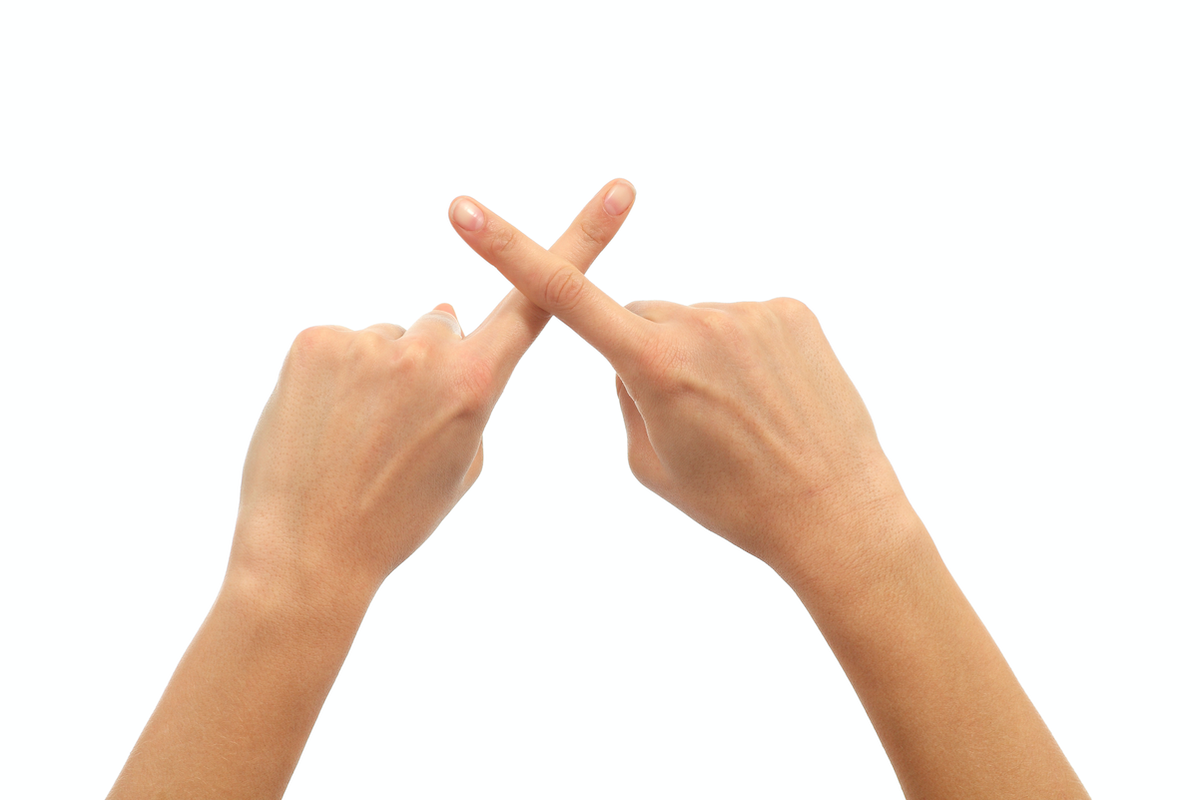
Not Allowed For Entry
- Any book, picture, video, photo, laser disc, CD, CD-ROM, etc. that has the potential of violating the Korean law, disrupting the public order, and customs
- Any Item intending to leak national secret information or misappropriated information
- Counterfeit items, counterfeit currency, and other securities, etc.
- Fresh food, meat
Restricted Items In Korea
- Guns, swords and other weapons (including fake knives and decorations) or any explosive and toxic substances
- Drugs including marijuana, opium, cannabis, etc., that violate the Korean drug control laws
- According to the Wildlife International Trade Agreement, all items made by endangered species are illegal
- Foreign payment methods (excluding promissory notes, money orders, letters of credit), domestic currency (KRW), and travel cheques marked as Korean Won currency (reported to the customs at the time of entry and exit), cash checks, bank cheques, postal money order, etc.
- Precious metals (except for gold rings and necklaces are worn in daily life), securities (immigration restrictions), and
- antique and cultural property (entry and exit restricted items)
- Items mentioned in the Aquaculture Law (Aquacultural Animals and Plant Transplant Permit Regulations)
- Any item that may cause damage to Korean water resources and environment
- Unregistered industrial or home wastes
- Plants, fruits, and vegetables, agricultural and forestry items (both import and export are restricted)
- Animals (including meat, skin, hair) and animal products (immigration restrictions) including pet food
FAQ
10,000 US dollars = 10 million Won
You can not bring any meat products to Korea (For example, it is forbidden to carry a pack of fresh or dry meat).
There is a chance of not getting caught, but you can be blacklisted once you get caught. You might also get fined.
If you want to bring animals, plants, meat, and fruits to Korea, you must go through a proper customs and quarantines.
Foreigners who have been sentenced in Korea will not be able to return their home county until they serve their terms. You also can be deported from Korea.
Filling out the Arrival Card
The function of the Korean immigration card is to keep the record of personal information of tourists upon their entry to the country. The government can manage a large number of Korean free travelers based on the information you provided at the immigration clearance.
Those who have already applied for automatic customs clearance or have a "Foreigner Registration Card" will not have to write this card, but the relevant customs declaration form should be filled out.
Arrival Card
If you have passed the automatic customs clearance or have a foreigner registration card, you don't need to fill out this card.
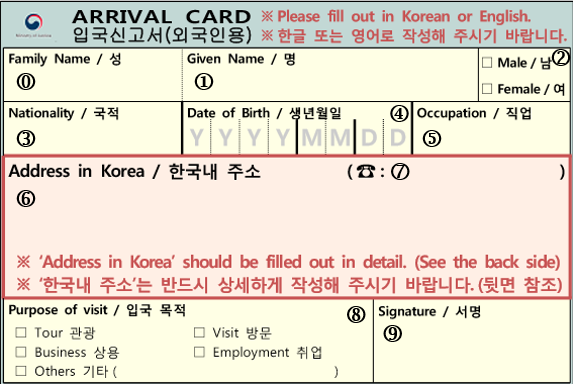
For the accommodation in Korea, remember to write down the address and phone number of the hotel in advance. If you are staying multiple hotels over the course of your trip, just fill out the contact information of the first hotel.
You can write in either English or Korean, but the fields "Family name" and "given name" has to be filled out in English with the reference to your passport.
Customs Declaration Card
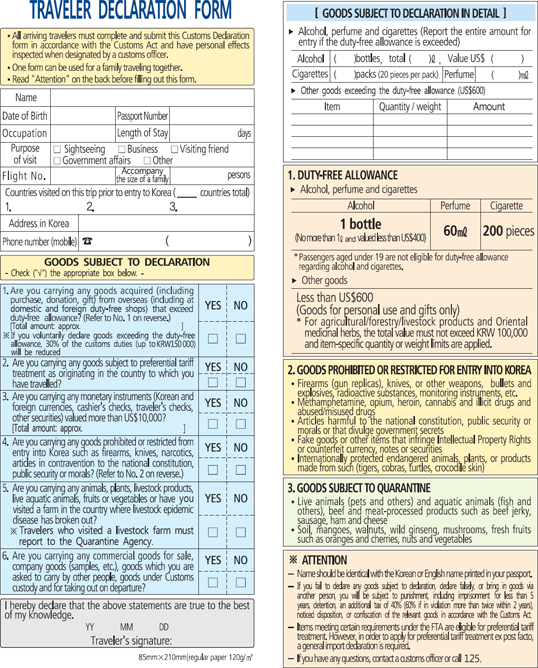
When the flight attendant gives you an immigration card, please also request a customs declaration form. If you are traveling as a family (or in a marriage relationship), you only need to fill out one card per family.
If you are traveling with friends or in a group other than family, you will need to fill them out separately. The bottom section says "If you are not carrying anything that needs a special declaration, please check No."
If you say No, you don't have to fill out the questions on the back. But remember that these questions must be filled out honestly. There should be no false declarations!
***UPDATE (as of February 24, 2025)
Recently, Korea’s immigration office announced a simplified entry process with the introduction of an electronic entry declaration system!
When entering Korea for tourism, if you don’t have a Foreign Registration Card or haven’t applied for a K-ETA (which is now optional), you’ll need to fill out an electronic arrival card (e-Arrival Card) prior to arrival. This includes personal information, the purpose of your visit, your address in Korea, and contact details. The process is free and very easy—just upload your passport information and other required details. This helps speed up the entry process.
Starting February 24, 2025, you don't need to submit a paper entry declaration form to the immigration officer (although the paper form will still be available until December 2025).
* General travelers can complete the electronic entry declaration up to three days (72 hours) before arrival through the e-Arrival Card website.
* For those under 14, a legal guardian must submit the declaration on their behalf.
* Registered residents of South Korea, valid K-ETA holders, and airline crew members are exempted.
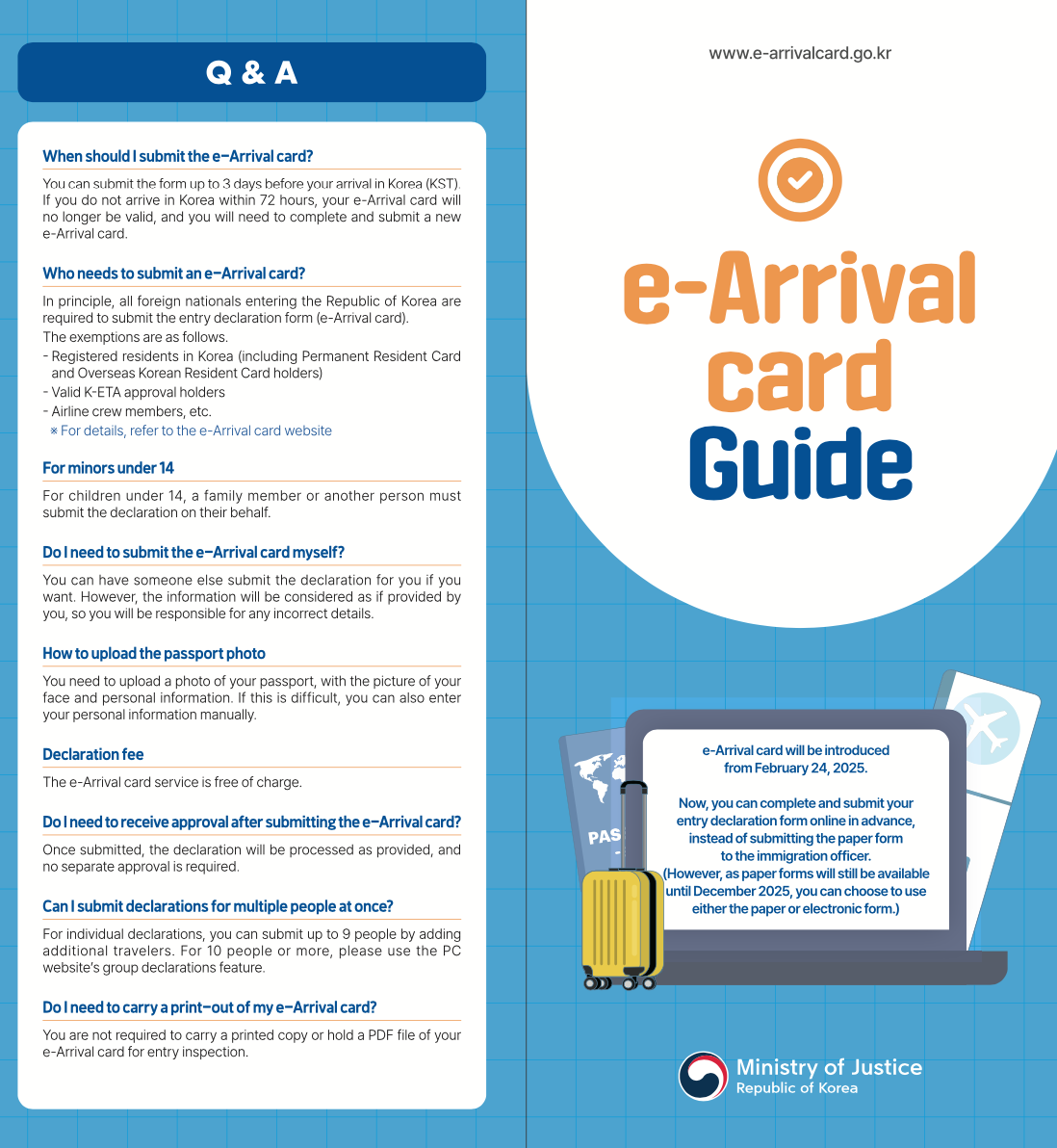
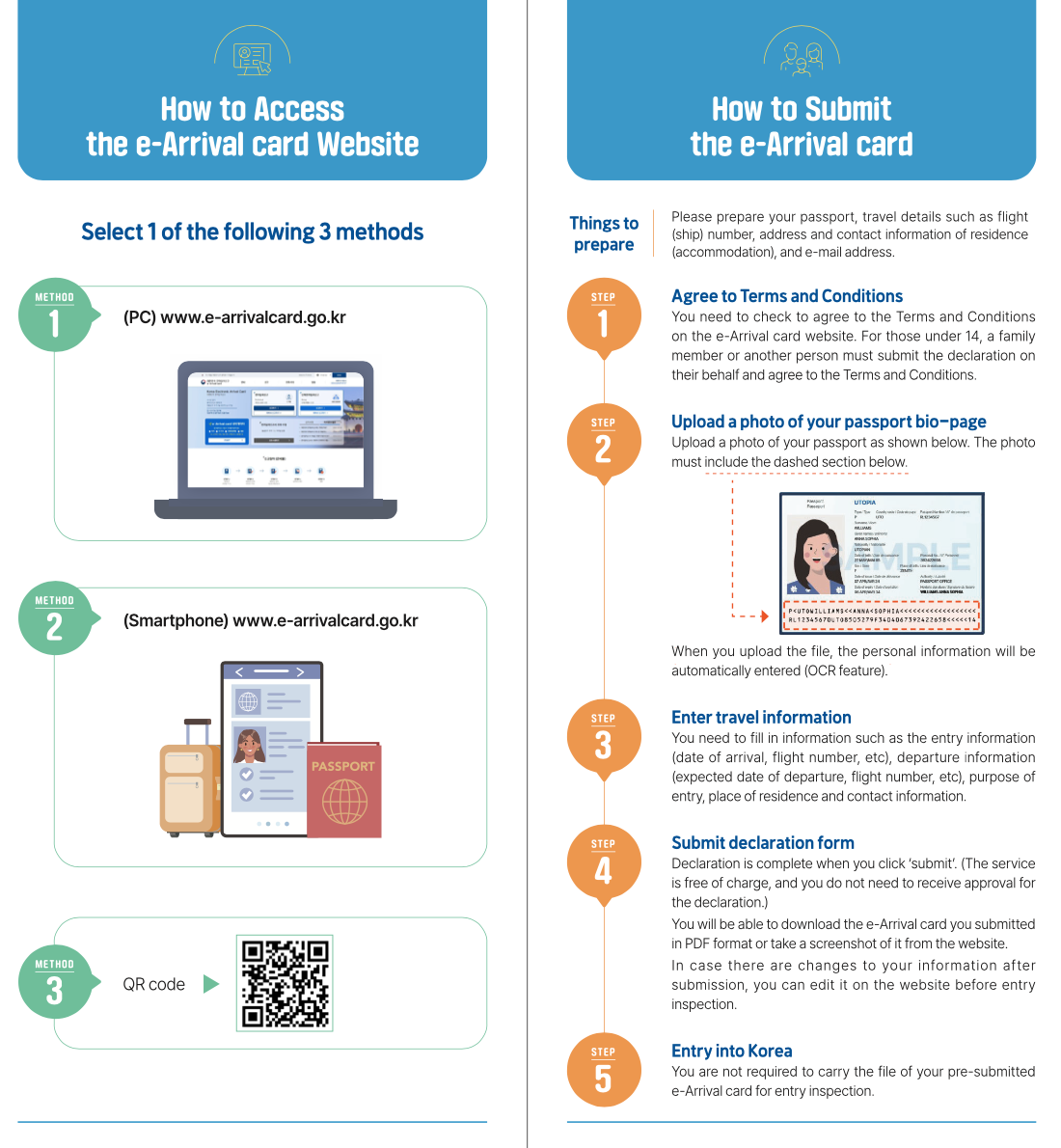
Currency Exchange
![Currency Exchange]()
Typically, airport currency exchange rates aren't the best, so we advise only exchanging what you need initially and finding a better rate later.
If you're traveling in South Korea and plan to use public transportation, be sure to get a T-Money Card. To travel from the airport to your hotel, the airport railway costs about 10,000 KRW (approximately 9 USD). Alternatively, a shuttle bus will cost 15,000 KRW (around 13 USD), and cash payments are accepted on the bus.
We don't recommend exchanging large amounts of currency at airport booths due to unfavorable rates. Instead, head to the currency exchange stores in Myeongdong, Seoul's most famous area for currency exchange, where you'll likely get a better deal. However, what if you could get Myeongdong exchange rates at the airport? The Creatrip Airport Currency Exchange Service provides low exchange rates at the airport! Click on the link below to read more about it!
Creatrip Airport
Currency Exchange Service
Airport to Seoul City Public Transportation
Incheon International Airport offers a range of convenient transport options to reach downtown Seoul. These include the fast and efficient Airport Railroad Express (AREX), the extensive Seoul Subway network, various Airport Limousine Buses, and both regular and international taxi services. The journey from Incheon International Airport (specifically Terminal 1) to Seoul Station spans around 60 kilometers. If you're taking the AREX, it's a swift 43-minute ride, whereas traveling by car can take about an hour and a half. For payment convenience, these transportation services accept various methods including cash, credit cards, and popular transportation cards like T-Money and NAMANE Card, or the Creatrip Bellygom Transportation Card, which are readily available for purchase at the airport.
AREX Train Service
Non-Stop from Incheon Airport to Seoul Station:
- Terminal 1: First train at 05:23, last at 22:48 (43 minutes)
- Terminal 2: First train at 05:15, last at 22:40 (51 minutes)
All-Stop Train:
- Terminal 1: First train at 05:23, last at 23:56 (59 minutes)
- Terminal 2: First train at 05:15, last at 23:50 (66 minutes)
- Note: Some trains may take 2 to 6 minutes longer
Get your AREX tickets on Creatrip!
Airport Limousine Bus
- 14 routes between Incheon Airport and Seoul
- Tickets available at Terminal 1 (Gates 4, 6, 7, 8, 9, 11, 13) and Terminal 2 bus terminal
- Payment: Cash or credit card
- Websites:
- Main Site (Korean)
- Routes/Timetable (Korean)
Night Bus Service
- Operates post 23:30 when other public transports stop
- Marked with “N” before route number
Routes to Seoul:
- Seoul Station (N6001), Gangnam Bus Terminal (N6000)
- Dongdaemun Design Plaza (N6701), Jamsil Lotte World Hotel (N6703)
Routes to Gyeonggi-do:
- Anyang and Suwon (N4000), Bundang and Seongnam (N5300)
- Goyang and Uijeongbu (N7200), Siheung and Ansan (N7000)
- Payment: Cash or transportation card on boarding
- Website: Night Bus Guide (Korean only)
Take The All Stop Train Or Taxi
In addition, you may also take the all stop train from Incheon Airport Terminal 1 or 2 to a location in Seoul. To do this, you may purchase a Tmoney transportation card at a convenience store or purchase a one-way ticket at a ticket vending machine or get it online in advance here.
Taxis are available outside the Arrival Hall of both terminals. The base taxi fare begins at 3,800 KRW with a 20% increase at nighttime (24:00-04:00). The base for deluxe and jumbo taxis begins at 6,500 KRW and there is no additional nighttime charge. You may also book an international taxi or van through Creatrip for convenient transportation.
If you feel that a taxi driver is trying to take advantage of you, you can report it to the Seoul Global Center (+82-2-2075-4180), which offers services in many different languages.
Are you ready for your trip to Korea? Click on the link below to check if you have everything prepared!
We hope this is helpful to you on your upcoming trip to Korea! If you have any questions or concerns, please leave a comment below or send us an email at help@creatrip.com. You can follow us on Instagram, TikTok, Twitter, and Facebook to stay updated on all things Korea!





